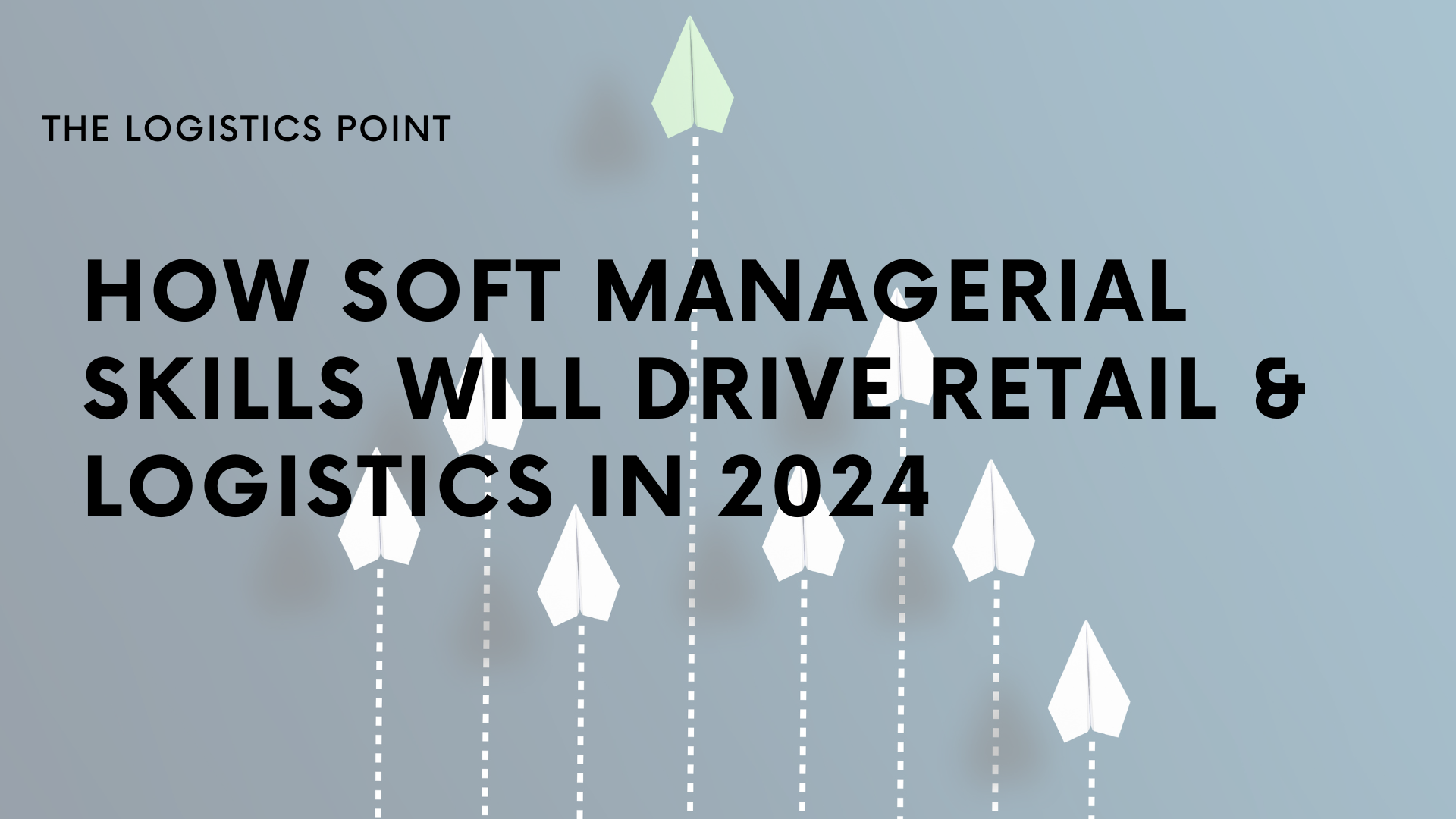The industry might be focusing on technology in 2024 and rightly so, but it should not disregard soft managerial skills too. Comments from Scott Whiffin, executive director at supply chain and logistics consultancy, SCALA about the future of logistics & retail in 2024.
You can read more about what the logistics industry expects in 2024 and beyond in our January magazine here.
Scott, What do you think will shape the sector in the next 5 years: tech, management strategies, economic events?
Automation and robotics have taken logistics by storm in recent years. In fact, our Robotics and Automation Report research with manufacturers, retailers, and 3PLs suggested that over a third (35%) have between £1m and £5m invested, while a significant 28% have over £5m invested in warehouse automation. The next half a decade will see this trend continue as new commercial models make automation more flexible to fund, more modular installations are made possible, and further innovation continues to help providers improve efficiency.

We’re also likely to see e-commerce volumes continue to rise with the convenience of online shopping and the ease of access to technology. This will drive the need for automation to keep up with further demand. Forward-thinking providers who choose to invest in smart solutions and optimise their operations will be able to future-proof and remain competitive.
Meanwhile, despite the ever-increasing demand for last mile deliveries, the race to net zero ticks on and we can expect increasing pressure from government and the consumer to adopt greener fulfilment methods. This could involve transitioning to electric delivery fleets or utilising rail as an alternative method.
Looking at the bigger picture, we’ve seen crises from the pandemic to the Ukraine war fuel volatility across international supply chains in recent years. To reduce potential future risks posed by global turmoil, some businesses may well look to nearshore their manufacturing operations over the next five years – particularly in Eastern Europe.
- Are supply chain leaders prepared both mentally and also operationally?
The industry has experienced a lot of turbulence throughout the last few years, forcing supply chain leaders to become increasingly resilient and agile in their approach. Managers have become accustomed to pivoting their operations and adopting more flexible approaches to meet demand.
Meanwhile, post-pandemic, manufacturers have developed dual sourcing strategies for key components to avoid bottlenecks in the production process. Leaders will likely need to continue deploying these skills as they face the challenges that the coming years may bring.
- What do managers need to do to prepare their organisations and teams for any change?
As routes to market and fulfilment models become increasingly varied and complex, many businesses are looking to make the shift towards direct selling. As such, leaders will need to ensure that they have robust cost-to-serve models in place so that they can understand true profitability for the different customers and channels they service.
Significant changes such as this will also require effective communication between the supply chain and wider business. It will be the responsibility of managers to ensure this takes place, ensuring any potential issues are identified and resolved as swiftly as possible, limiting risk in turn.
- Is there something most managers are not expecting or are underestimating?
The hot topic of 2023 was the opportunities – and potential risks – that innovations such as AI could pose for the industry.
However, as we move towards increasingly intelligent supply chains supported by new technologies, managers must not disregard the importance of the softer skills that industry talent brings. For example, when it comes to advanced supply chain planning systems, managing relationships between sales and manufacturing teams will remain critical in securing consensus and getting the job done. Meanwhile, the implementation of automation and robotics will require careful change management to avoid alienating colleagues and promote a better understanding of how technology can enhance their productivity.



